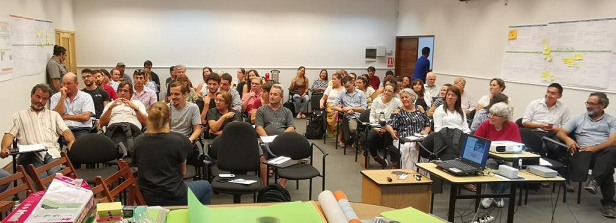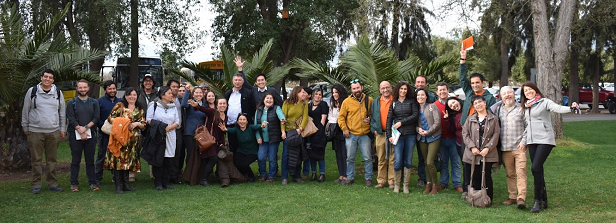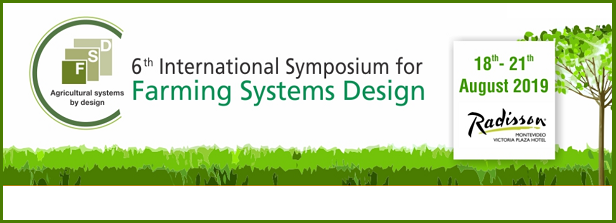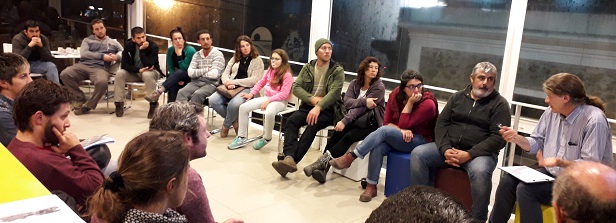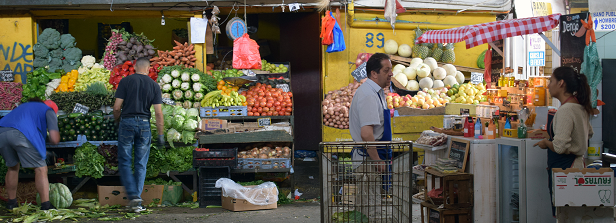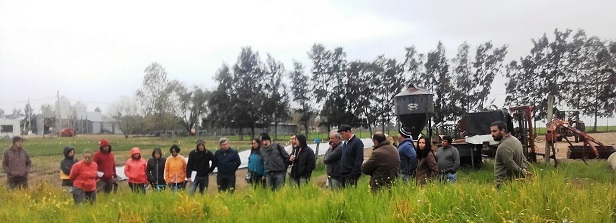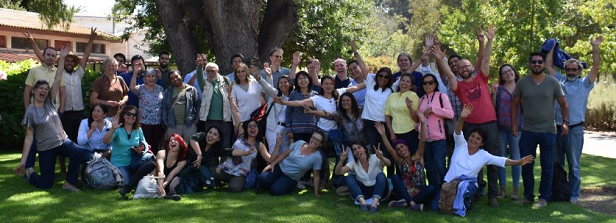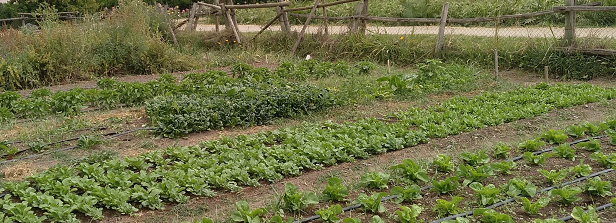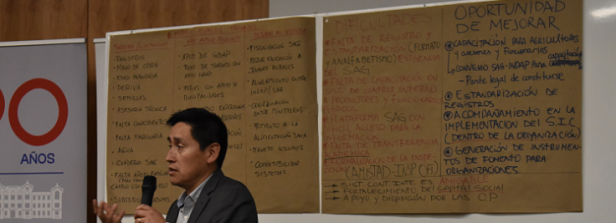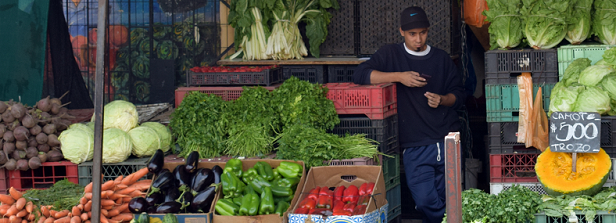Horticultural food systems in Chile and Uruguay (HortEco)
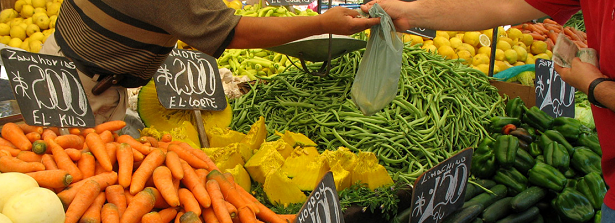
Duration: November 14, 2016 – August 31, 2020
Project information
While consumption of vegetables in emerging economies falls well short of dietary recommendations, vegetable production contributes to environmental pollution and health risks. This project will engage with small farmers and organizations involved in low-or-no-pesticide production methods to develop more effective production, knowledge sharing methods and collaborative value chains.
Aim: The project “Horticultural food systems based on ecologically intensive production and socio-economically sustainable value chains in the transition economies Chile and Uruguay ” aims to enhance sustainability of vegetable food systems in transitioning countries.
Objectives: The project will study, support and -share knowledge on how to organize production and marketing of highvalue, low-or-no-pesticide vegetables in Chile and Uruguay.
Method: Research will focus on:
- Ecologically intensive horticultural production;
- Socio-economically sustainable horizontal and vertical value chain collaboration models; and
- How change agents in the innovation system can support the transition to sustainable horticultural farms and markets.
Knowledge development and innovation will be connected through a systemic learning-for-innovation approach, linked to nine ongoing innovation oriented projects of private, public and academic partners in Chile and Uruguay.
Countries: Chile and Uruguay.
Dutch policy goal: Sustainable food systems.
Progress reports
Year 1: What types of food systems for no-or-low pesticide vegetables exist in Chile and Uruguay, which system characteristics determine their scarcity and what is the efficacy of pesticide-based and biocontrol methods against whitefly in greenhouses? For Chile a baseline study found a focus on pesticides with less harmful side-effects rather than systemic change; a lack of traceability and transparency, and a lack of effective penalties for overuse. In Uruguay, neither pesticide nor entomopathogen applications controlled whitefly in a sample of 9 farms. Two out of these did not require any applications. There is a rich natural enemy diversity around the greenhouses.
Summary mid-term review: Both in Chile and in Uruguay HortEco researchers identified local organic and agro-ecological food systems and their actors as showing promise for scaling out of low-or-no pesticide food systems. For this purpose a scientific framework was developed that enabled characterizing combinations of production systems, value chain systems and the embedding innovation support systems. The information from these mapping activities is being used to provide actors with a new perspective on developing low-or-no pesticide activities. Scientific approaches revealed that there is little or no relation between (the on average high) pesticide and fertilizer use and crop productivity for 4 major horticultural crops in Uruguay, and suggested that just replacing chemical pesticides by biological ones is insufficient for key pest control, calling for systems redesign. Analysis of current producer organizations (POs) showed that an economic focus was associated with small size, a product focus, member investment and high horizontal and vertical coordination. Such coordination was much lower in POs with value-driven objectives. Using a co-innovation approach to project design and implementation HortEco developed networkweaving activities to bring together previously disconnected actors of local organic and agro-ecological food systems, and enhance sharing of scientific and non-scientific knowledge, experiences and skills

